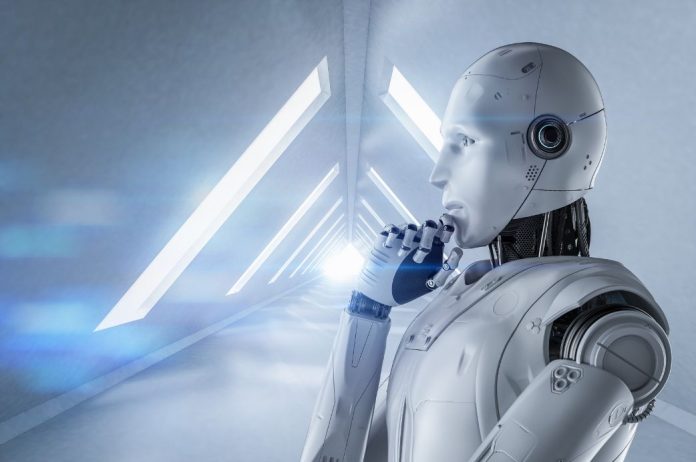If there is one certainty about technology, is that your evolution never slows down. In recent years, we have witnessed profound changes in the way companies operate, how data is structured and how artificial intelligence has become a key element in practically all industries. As CTO of Crawly and leader in the development of artificial intelligence-based solutions, I follow daily the challenges and opportunities that this transformation imposes. But, differently from what many think, the future will not be dominated by machines that replace humans. On the contrary, we are entering an era where collaboration between humans and artificial intelligence will be the great competitive differential.
While Industry 5.0 is still under construction as a concept, companies that adopt advanced AI are already transforming their processes and creating a new model of collaboration between humans and technology. Digitalization and automation have been the pillars of Industry 4.0, but now we are entering a moment of transition, where artificial intelligence not only performs tasks, but makes decisions and optimizes operations autonomously. The focus is no longer solely on operational efficiency, but in the synergy between human creativity and advanced data processing. This new revolution redefines the role of technology within organizations and requires companies to reassess how they structure their processes, make decisions and extract value from information.
From automation to intelligent collaboration
In Crawly, our goal has always been to transform dispersed and unstructured data into actionable intelligence. With the arrival of Industry 5.0, this becomes even more essential. It is no longer enough to simply collect information; it is necessary to understand the context, structure this data dynamically and deliver it in a personalized way for each client. This means that artificial intelligence needs to go beyond traditional automation and become more adaptive, proactive and able to work alongside professionals.
One of the biggest changes I observe in this new era is the adoption of autonomous agents that can personalize processes in real time. Different from traditional automation, that only executes scheduled tasks, these agents use advanced AI to understand patterns, optimize workflows and make decisions without the need for constant commands. In the case of Crawly, our solutions are already capable of structuring information, eliminate repetitive tasks and provide strategic insights at the right time, increasing the operational efficiency of our clients.
Another fundamental aspect of Industry 5.0 is the intelligent structuring of information. Companies that rely on data to operate – be fintechs, retail companies, healthtechs or any other sector – they can no longer waste time organizing information manually. The adoption of artificial intelligence is growing rapidly, and according to Gartner, by 2028 at least 15% of daily business decisions will be made autonomously by AI agents — a significant jump compared to the 0% recorded in 2024. This advancement impacts areas such as process automation, customer service, market intelligence and risk analysis.
In Crawly, we develop autonomous AI agents that do this work automatically, ensuring that our clients have immediate access to relevant and ready-to-use data. This not only improves the speed of processes, but also frees human teams to focus on strategic and creative activities.
Sustainability and efficiency
Unlike past industrial revolutions, the new phase of artificial intelligence is not just accelerating processes, but radically transforming the operational efficiency of companies. In Crawly, our mission is to enhance this revolution through autonomous agents that integrate and analyze data in real time, reducing rework, increasing productivity and allowing companies to focus on strategic decisions. Furthermore, we always seek to optimize computational resources to ensure energy efficiency and high performance.
As a developer of AI-based solutions, I increasingly see the need to optimize not only time and costs, but also the computational and energy resources.
The advantage of those who adapt now
Those who understand this change will have a huge competitive advantage. As someone who works daily on the development of these solutions, I see that companies that still treat artificial intelligence as a mere automation tool risk falling behind.
The adaptation process is already being shaped by companies that understand that artificial intelligence goes far beyond traditional automation. Those that do not adapt quickly risk losing ground to competitors who are already implementing autonomous agents capable of transforming processes and enhancing strategic decisions. All of this is happening now, і хто знатиме скористатися моментом вийде на передові.



Caro editor e João Drumond, obrigado pelo seu interesse na INDÚSTRIA 5.0. Deixe-me compartilhar com você o link para a INDÚSTRIA 5.0 BIBLIOTECAhttps://ecoametsolutions.com/industry-5-0/